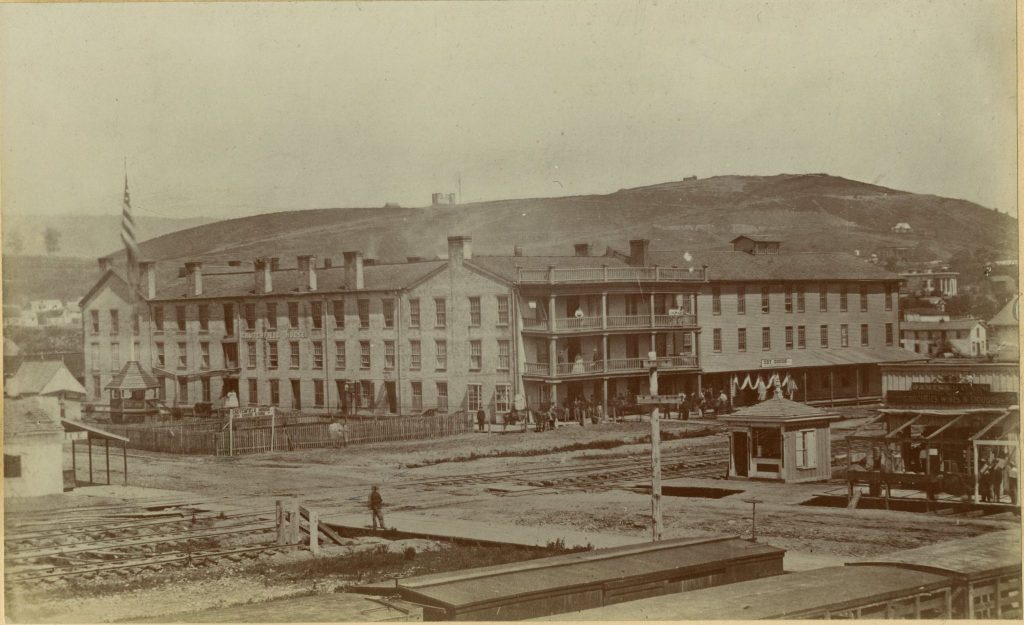As Chattanooga prepares to celebrate our nation’s 242nd birthday Wednesday, Special Collections looks back to July 4, 1864 when Chattanooga was occupied by Federal troops after being captured the previous year. For more information on the unique resources available at UTC, please visit Special Collections.
George Young of the 20th Ohio Battery was among the soldiers stationed in Chattanooga. In a letter written to his sweetheart Lottie Lasher in Waymart, Pennsylvania on July 4th, 1864, Young discusses the patriotism that drove him to enlist in the army, opines that Union troops would never have been driven from Missionary Ridge if they had been the defenders, and complains about Chattanooga’s heat. The first page of the letter is pictured below, but all four pages and a transcription can be viewed in the CHC Online collection.
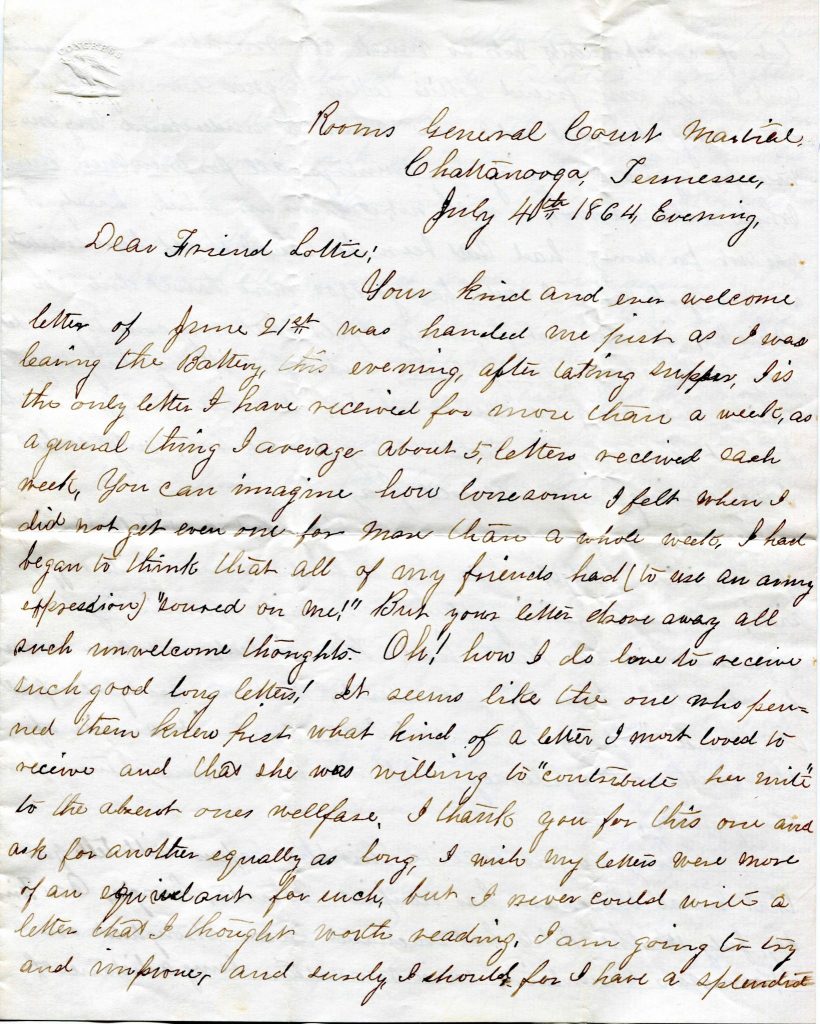
The Union occupation of Chattanooga required drastic changes to the city. Chattanooga was not large enough to accommodate all of the soldiers and during the winter of 1863 a Tent City was constructed to house the army.
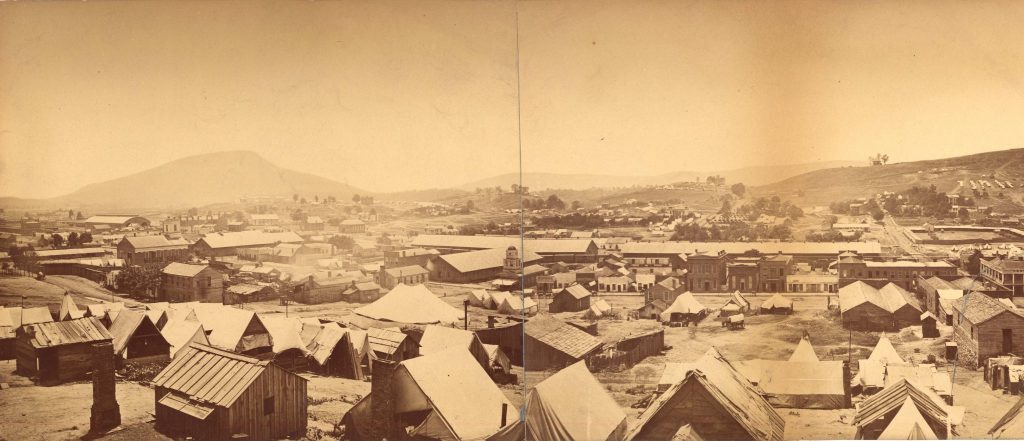
The Union Army constructed the first bridge across the Tennessee River at Chattanooga during the occupation. The bridge, ordered by Quartermaster General Montgomery C. Meigs was completed in 1864. However, the bridge did not long outlast the occupation as it was washed away during the flood of 1867 and subsequently dubbed “Meigs’ Folly.”
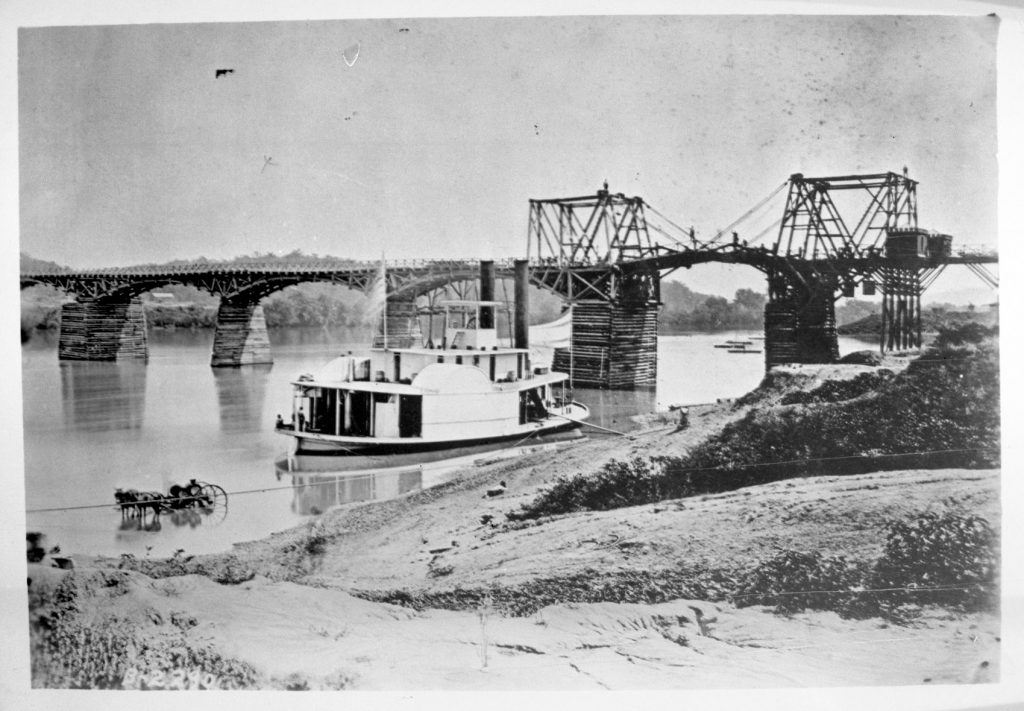
More permanent structures were also constructed during the war by both the Confederate and Union armies. This included fortifications on Missionary Ridge and Cameron Hill, as well as a military prison. The Union army also constructed less visible structures including water supply pipes to downtown buildings.
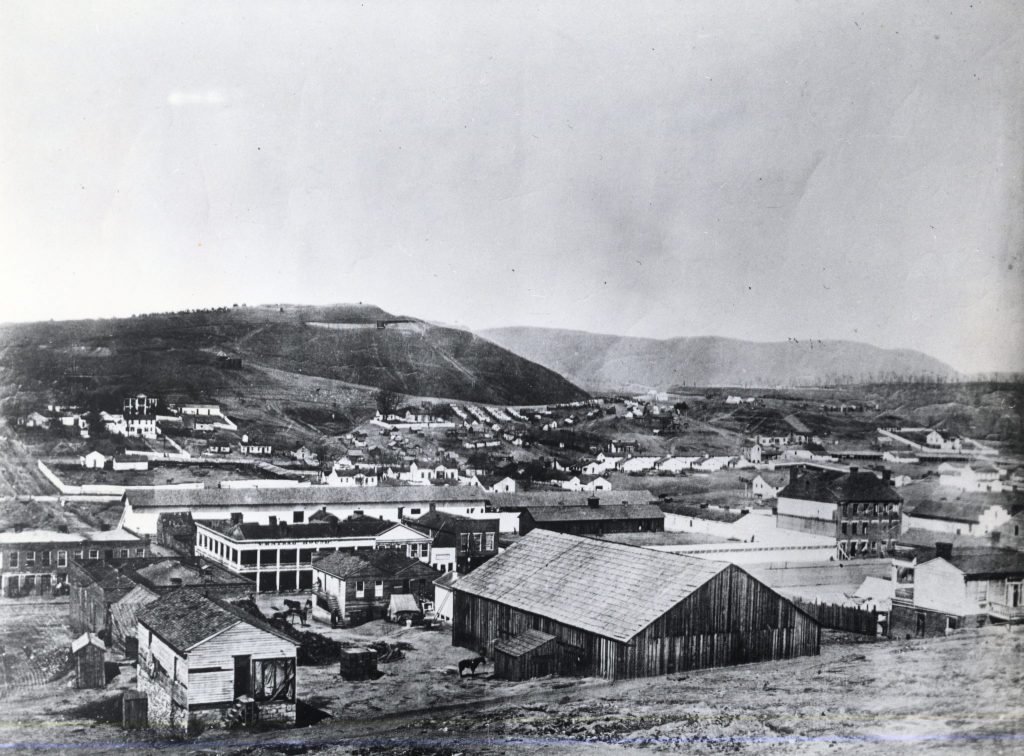
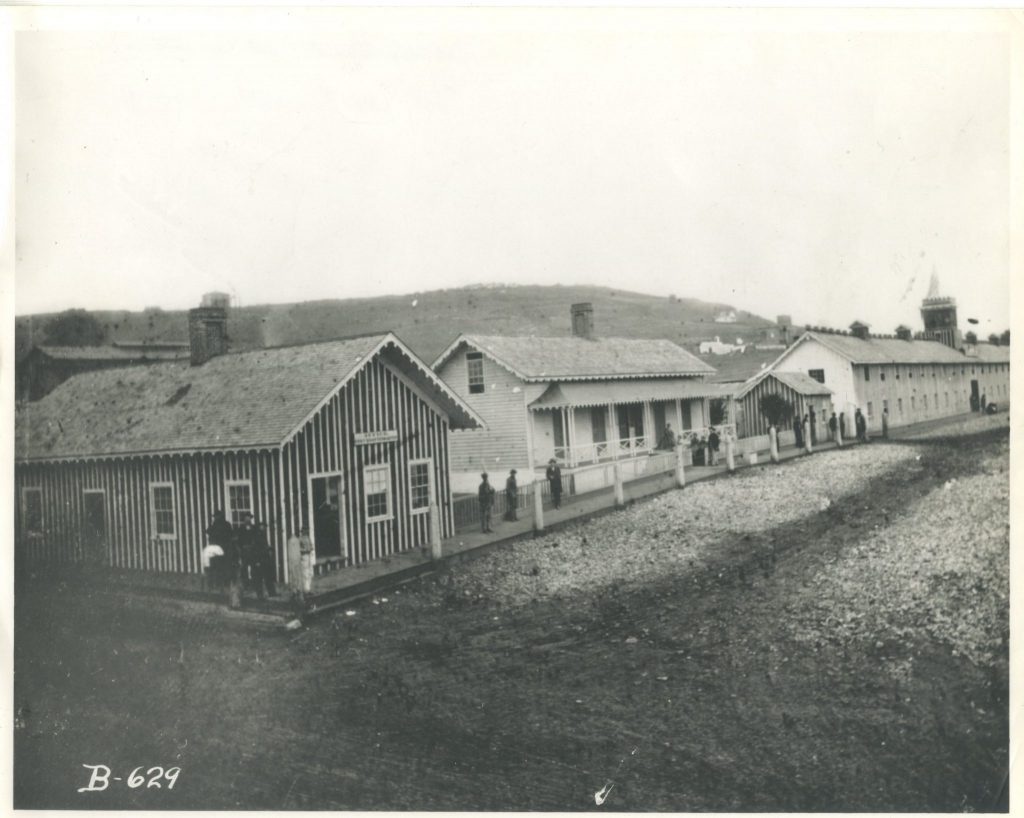
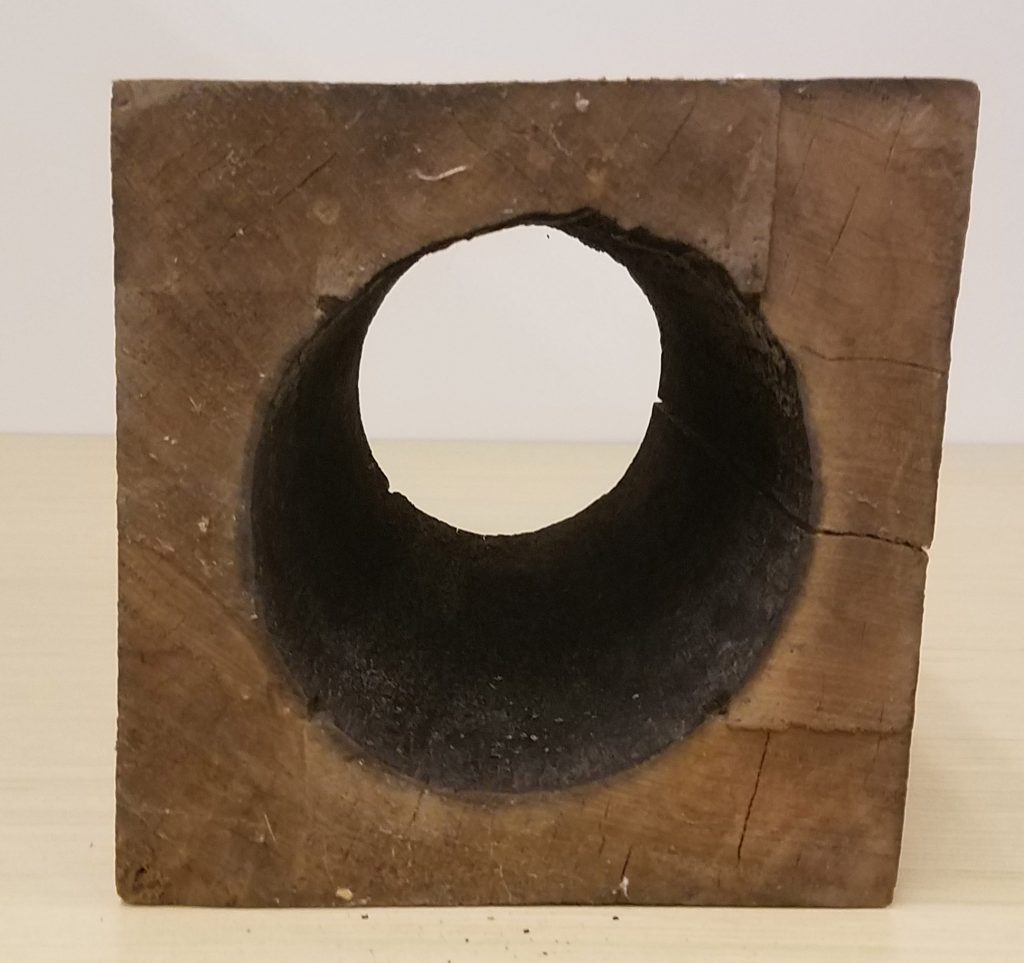
The occupation by both the Confederate and Union armies effected Chattanooga’s residents in a variety of ways. 15 year old Kate Foster kept a diary in 1864, and while she complained about her parents having to house Union officers and their families, her diary entries are most concerned with how the occupation impacted her social life. The entry on July 4th recounts the Independence Day celebrations at Union headquarters and a party she attended in the evening with a Union soldier.
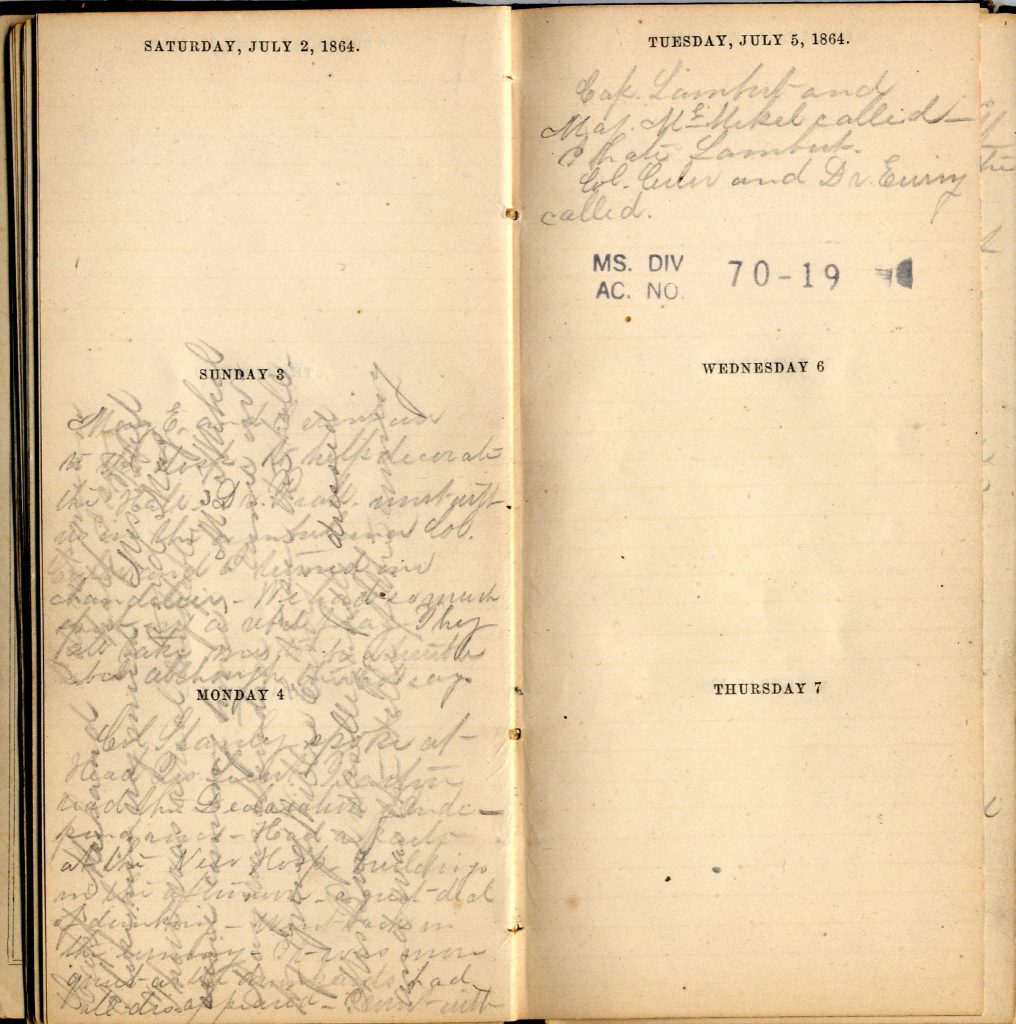
Thomas Crutchfield of Chattanooga, who later professed that he had stayed loyal to the Union cause and aided Federal troops, nonetheless provided food and lodging to Confederate soldiers in the early years of the war. Writing after the Union occupation had begun in December 1863, Crutchfield estimated that the war had cost him $100,000 in lost crops and lost revenue from his family’s hotel, The Crutchfield House, which he sold before hostilities started to remove his family to a more peaceful area. The Crutchfield House is pictured below in 1864 during Union occupation, flying the American flag.
